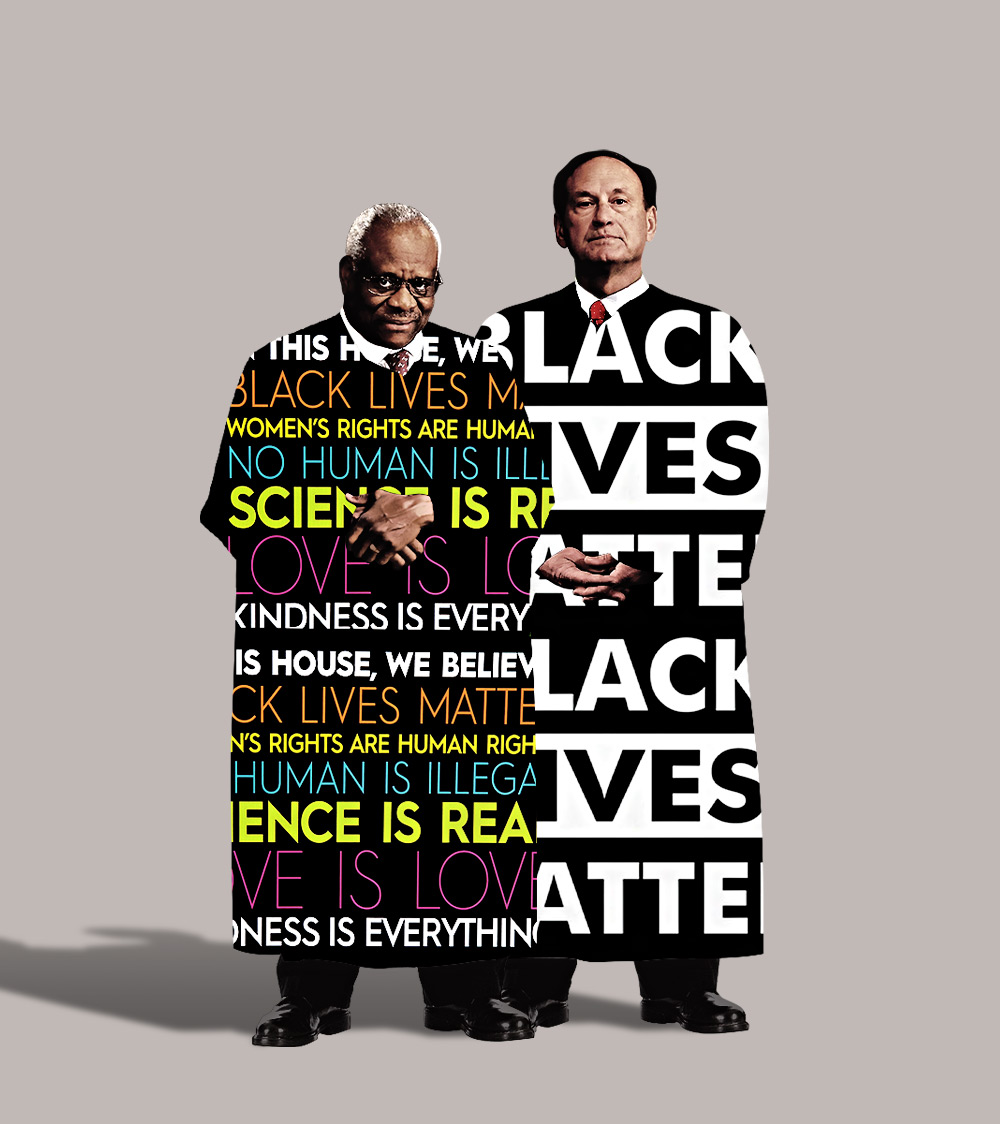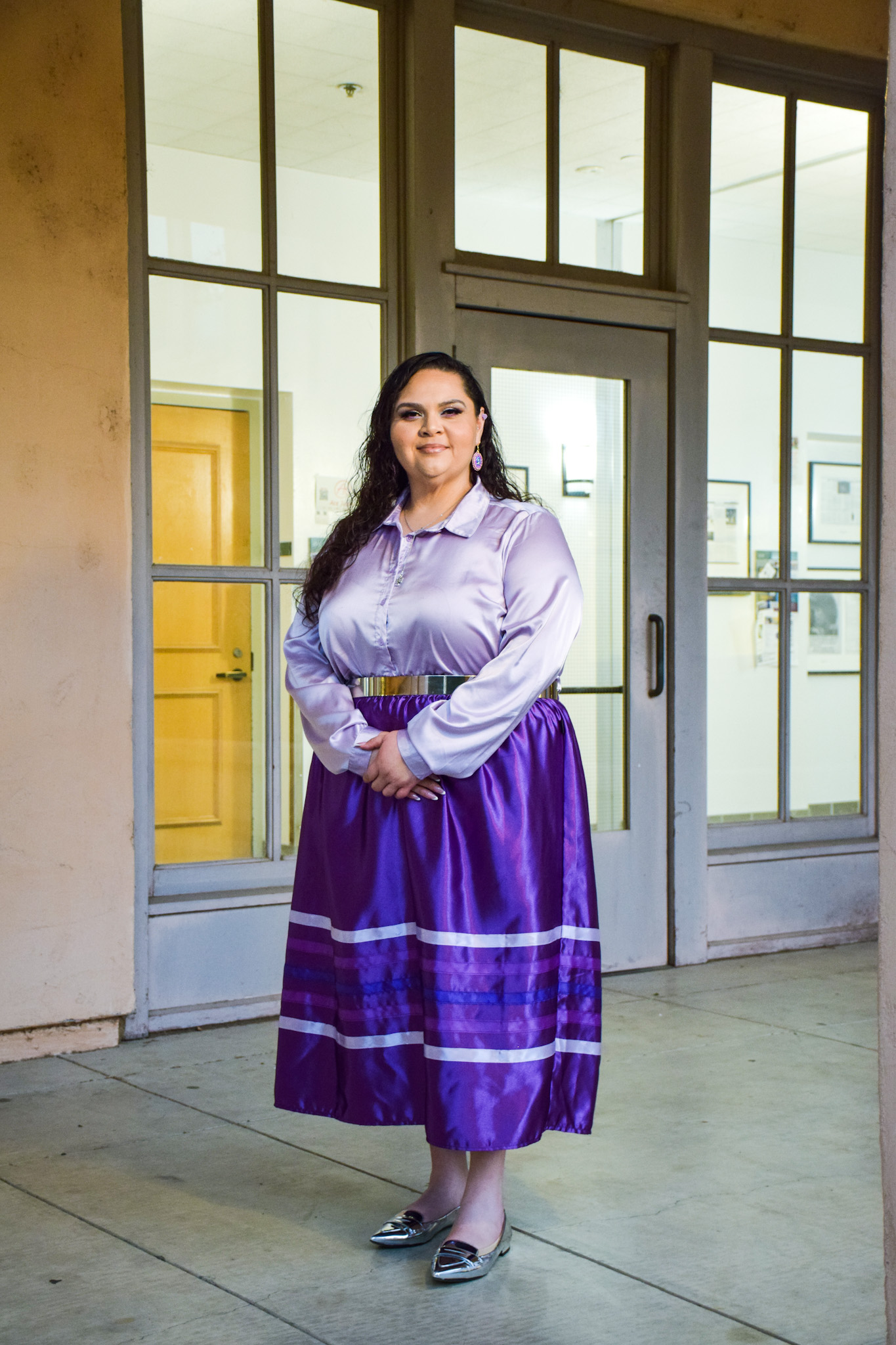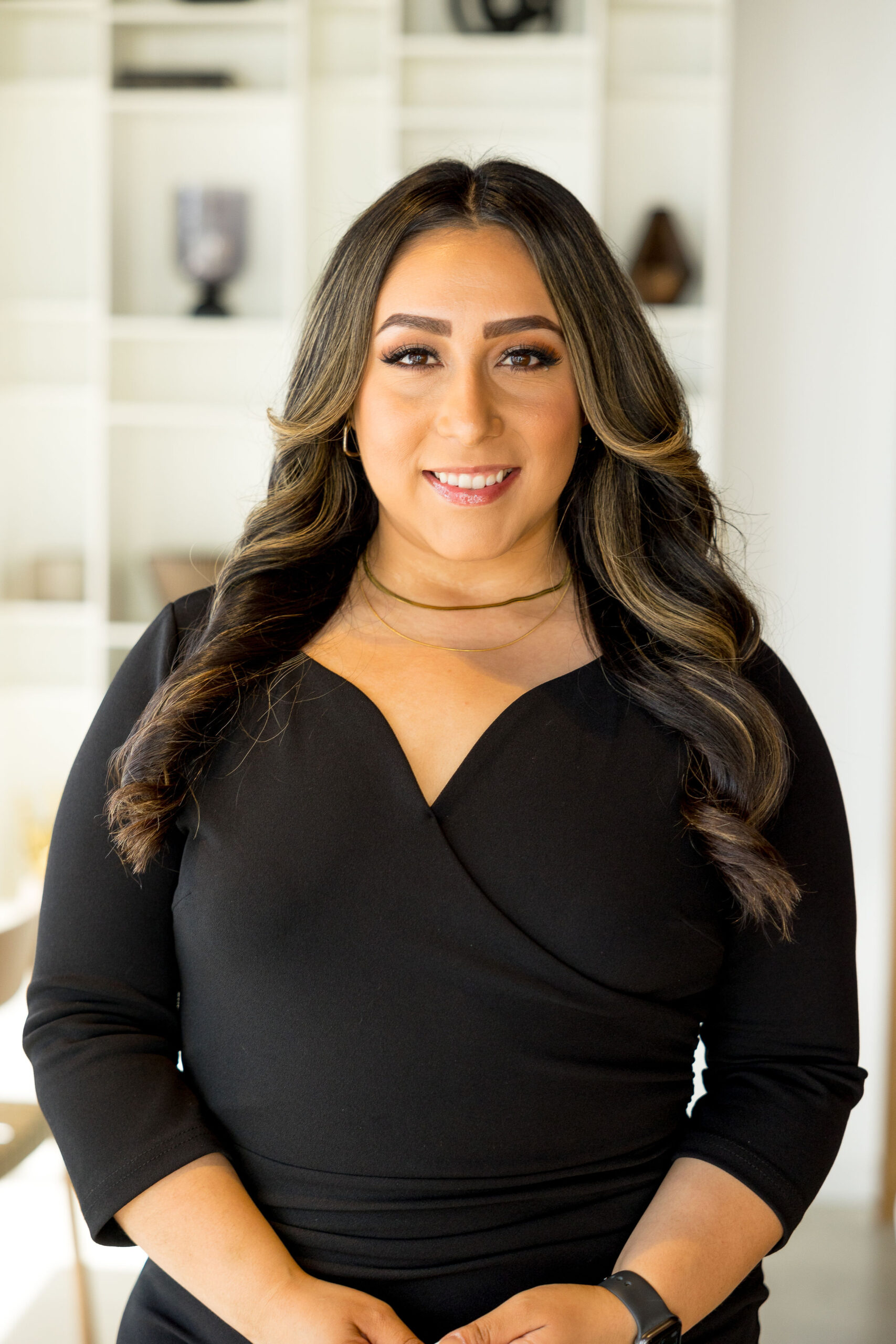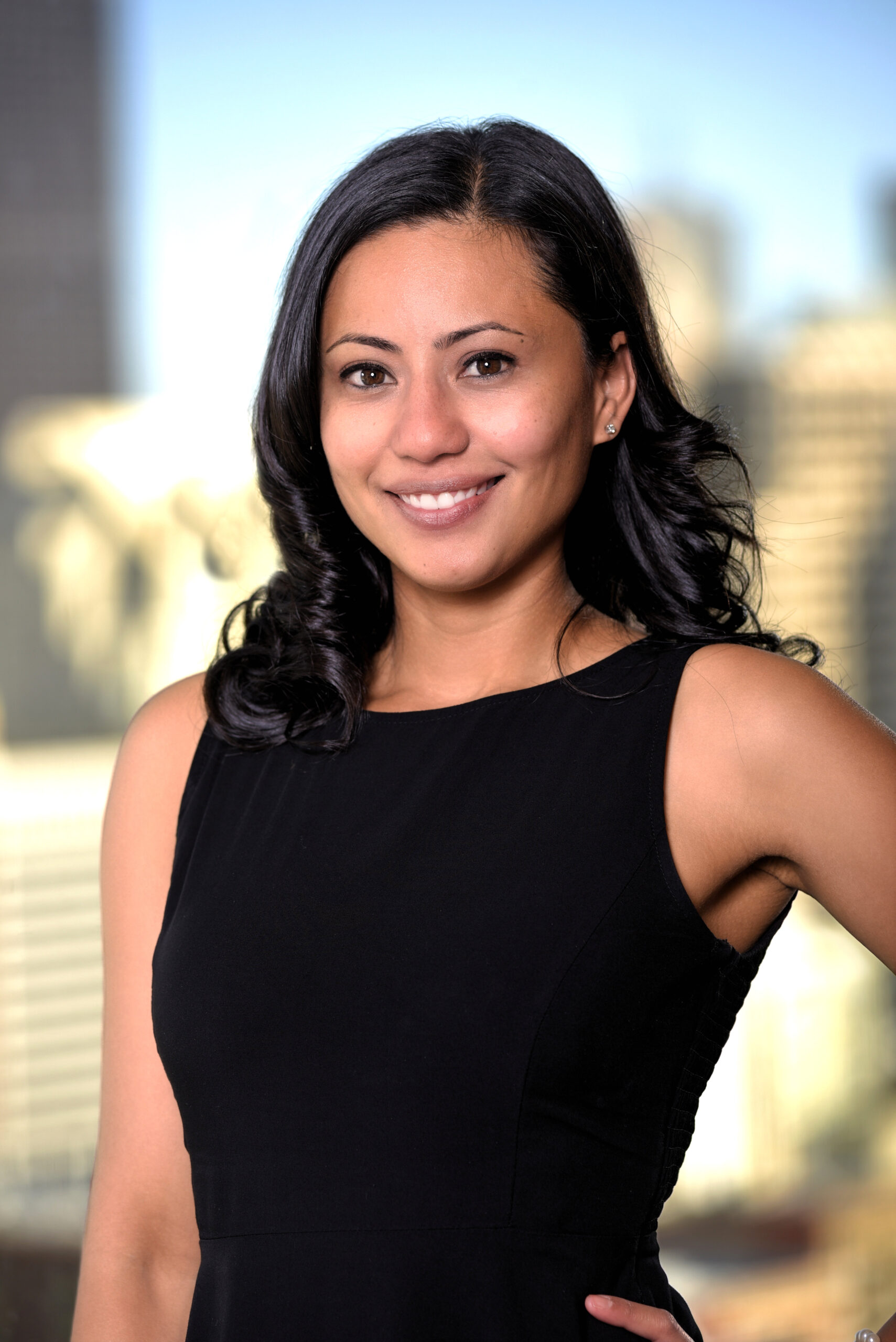The only way to stop dangerous judges is judicial reform
More of This

Legal analysts lit up social media on Monday in response to the broad and potentially devastating order by Judge Aileen M. Cannon, a Donald Trump appointee to the Southern District of Florida, temporarily halting the criminal investigation of the former president and his alleged pilfering of classified documents. Her order further authorized a special master to identify and return the small fraction of materials seized in last month’s court-approved search of Trump’s Mar-a-Lago residence that may belong to him. One analyst after another meticulously detailed the failings of Cannon’s reasoning: It was “untethered to the law,” “a political conclusion in search of a legal rationale,” “deeply problematic,” “laughably bad.” At some point, one truly runs out of euphemisms for lawless partisan hackery.
It’s possible to agree with every one of these criticisms but still find them less than satisfying. Because at the end of the day, no matter how much withering criticism she faces, Cannon still gets to put on the black robe and run interference for her benefactor. She will still get a standing ovation at some future Federalist Society gathering. She remains in control of this case. But it’s not just Cannon: Many smart lawyers also noted that the Justice Department now faces the unenviable task of having to appeal this decision up to higher courts that are filled with Trump appointees, which takes the sting out of the opprobrium: For all we know, the Trump-stacked 11th U.S. Circuit Court of Appeals or five radical justices on the Supreme Court may also greet her outrageous decision with a standing ovation.
Read the story on Slate
Thomas and Alito are pretending to care about racial justice
Less of This
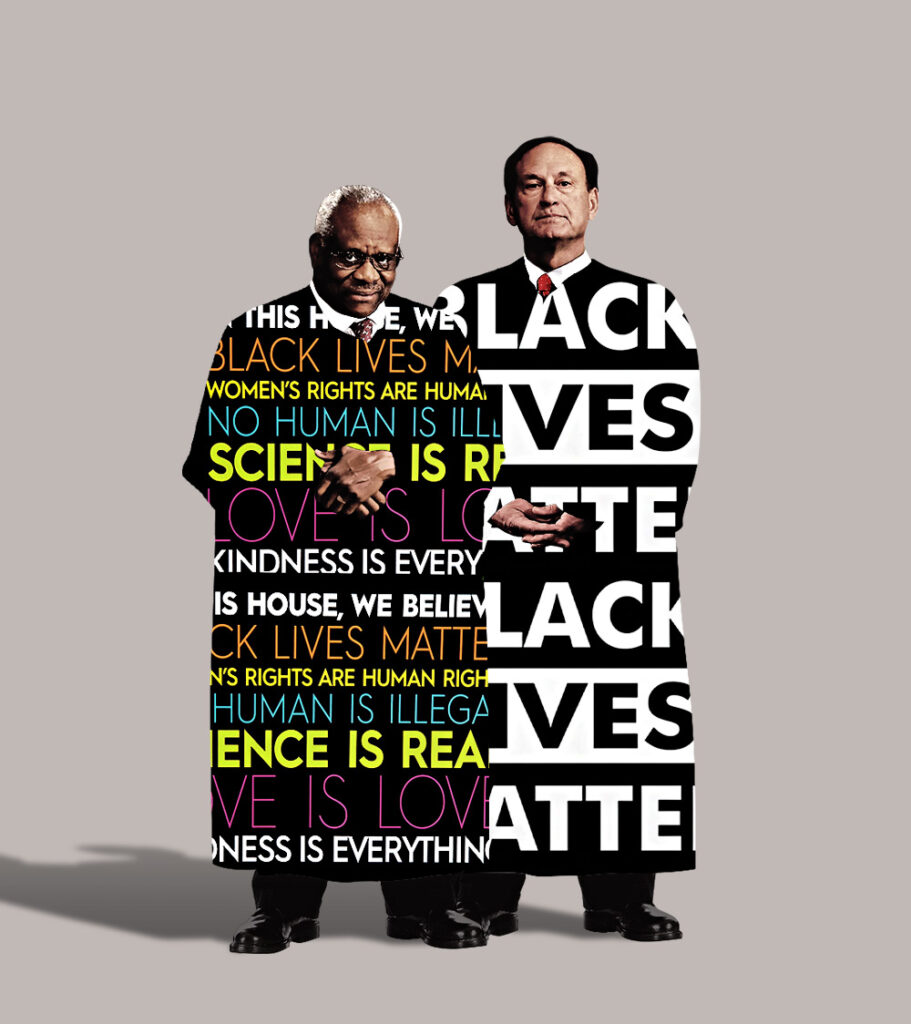
Just a day after the Supreme Court issued a radical decision on gun rights, it officially declared Roe v. Wade a dead letter. In all of the tumult surrounding the decision in Dobbs v. Jackson Women’s Health Organization, even eagle-eyed Court watchers would have been forgiven for overlooking one curious detail. After all, it was overlooked when it appeared in the draft opinion that was leaked in May. Nestled among Justice Samuel Alito’s arguments laying waste to nearly 50 years of abortion precedent lurked an unassuming footnote documenting a narrative advanced in amicus briefs submitted to the high court. These “friend of the court” briefs, Justice Alito explained, “present[ed] arguments about the motives” of those favoring “liberal access to abortion,” namely “that some such supporters have been motivated by a desire to suppress the size of the African American population.”
According to Alito, claiming abortion is a tool of racial genocide is not beyond the pale. “[I]t is beyond dispute that Roe has had that demographic effect.” After all, he noted “[a] highly disproportionate percentage of aborted fetuses are black.” As further support for the view that abortion has functioned as a tool of eugenics, Alito cited Justice Clarence Thomas’ separate opinion in 2019’s Box v. Planned Parenthood of Indiana and Kentucky, a challenge to an Indiana law that prohibited abortion where undertaken for reasons of race or sex selection or because of the diagnosis of a fetal anomaly. The court declined to review the law, deferring the question of the constitutionality of such “reason bans” to another day. While Justice Thomas agreed with the decision to decline review, he nonetheless wrote separately to emphasize that the day was coming when the Court would have “to confront the constitutionality of laws like Indiana’s,” which, in his view, merely reflected a “compelling interest in preventing abortion from becoming a tool of modern-day eugenics.”
Read the Story on Mother Jones
The Federalist Society won, but the progressive legal movement can still learn a valuable lesson
Speaking Of...
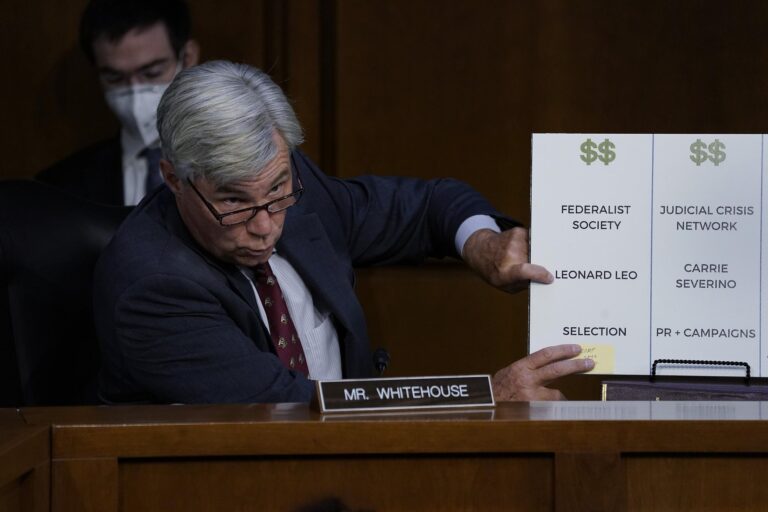
The end of Roe v. Wade was not a spontaneous coup. The decision instead represents the culmination of decades of organized struggle on the right, both within the law and outside of it. And while many groups contributed to the right’s victory, one organization in particular has been thrust into the national spotlight due to the pivotal nature of its role: The Federalist Society.
In left-leaning political and legal circles, FedSoc is generally understood with a mix of disgust and envy. For the most part, however, disgust overwhelms envy: Liberals and leftists denounce FedSoc as a shadowy cabal wielding illegitimate and malign influence over our political system without considering what it has done well, why it succeeded while liberals were stuck on the back foot, and whether any part of FedSoc’s model should be replicated from the left.
Read the story on Slate
Perspective The Chief Justice is in denial
Perspective
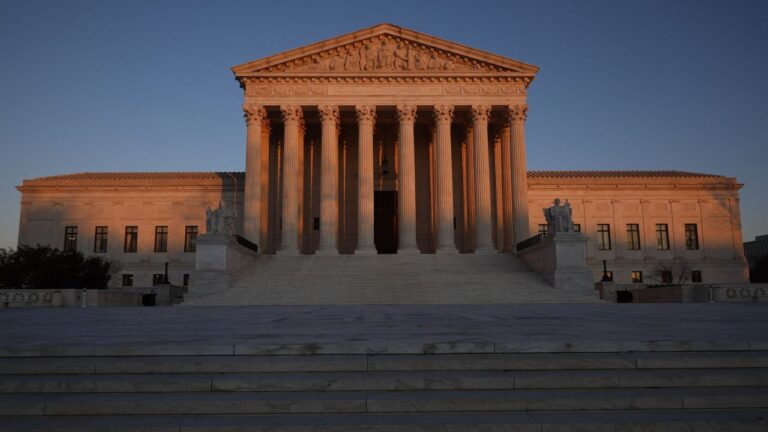
The Supreme Court’s obliteration of nearly 50 years of abortion rights for women, along with its new, tougher stance on gun control and other politically charged rulings, have stained the image of an impartial judiciary.
There is no ignoring that the public has found it increasingly difficult to think of life-appointed federal judges as neutral decision-makers.
Yet the Supreme Court’s conservative majority has largely responded with distance and denial. In the weeks since their contentious late June decisions, the justices have demonstrated a lack of awareness about the public concern and appeared even more disconnected, gravitating to like-minded audiences and speaking at closed venues.
The pattern emerges as another annual session will begin in less than a month. The justices will take up challenges to voting rights and racial affirmative action and a clash between religious interests and LGBTQ protection.
Chief Justice John Roberts, in an appearance at a judicial conference in Colorado on Friday, seemed willfully oblivious to why the public has turned on the court.
Read the story on CNN
Celebrate in person: October 19
RSVP
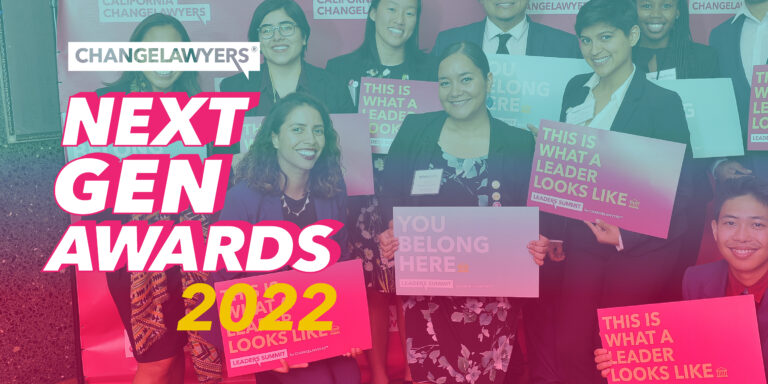
Featuring a keynote fireside chat with host & producer Saul Gonzales and law professor Jody Armour, moderated by Walt Disney Co staff lawyer Princess Manasseh.
RSVP >




